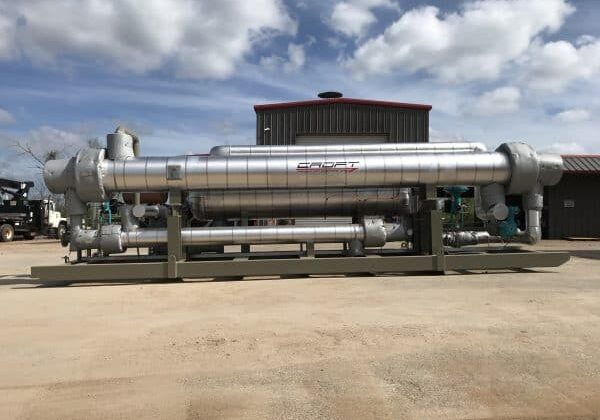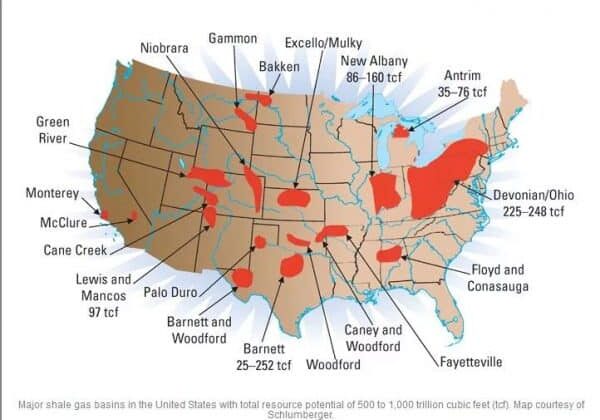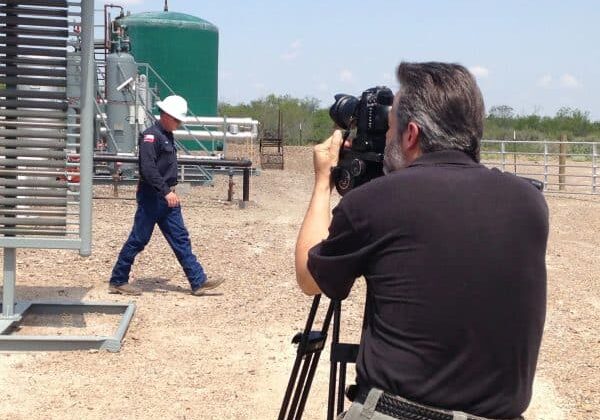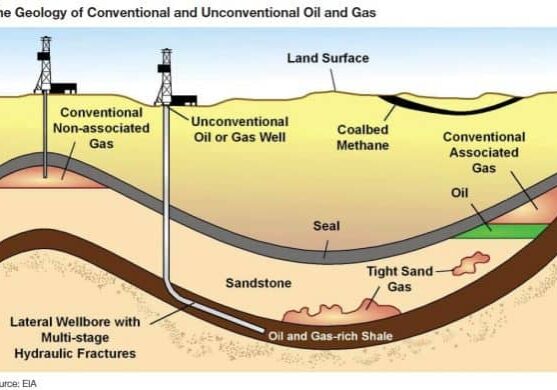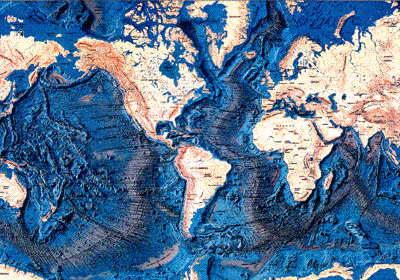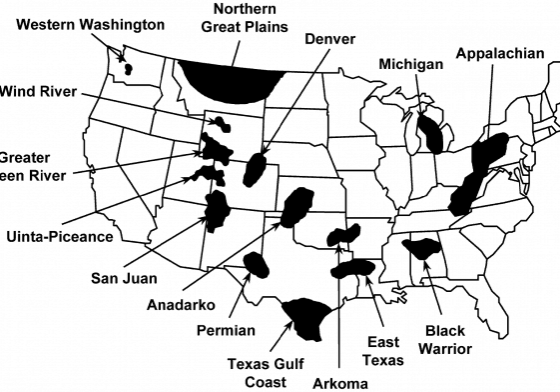Whenever you are listening or reading about oil production, oil supply, or oil prices you will often notice OPEC being part of the story. I’m pretty sure most people know what OPEC is and I bet there is an equal number of people who wonder what OPEC is all about. I know very little about this influential organization, so I have done some reading and research over the holidays to inform myself. I have tried to keep this blog short and sweet so I apologize if it is too much.
Let’s start from the beginning. What is OPEC? It is an acronym for the Organization of the Petroleum Exporting Countries. The founding countries were Iraq, Kuwait, Saudi Arabia, and Venezuela. These oil producing nations were irate that oil producing, multinational companies or MOC’s kept cutting the price of oil while controlling up to 85% of the world’s oil reserves. MOC’s held great power over all oil exports and had strong political power within the countries of OPEC. These reasons, in combination with a growing hostility of the western world, reinforced why these nations joined together to form OPEC. In 1960, OPEC had it first meeting in Baghdad, Iraq and it marked a turning point for these countries to gain control over natural resources while little by little taking power away from oil companies.
The organization has a neutral headquarters located in Vienna, Austria. OPEC’s website states their mission, “To coordinate and unify the petroleum policies of its Member Countries and ensure the stabilization of oil markets in order to secure an efficient, economic and regular supply of petroleum to consumers, a steady income to producers and a fair return on capital for those investing in the petroleum industry.“
Below is a graph of the current members of OPEC as of January 2016.
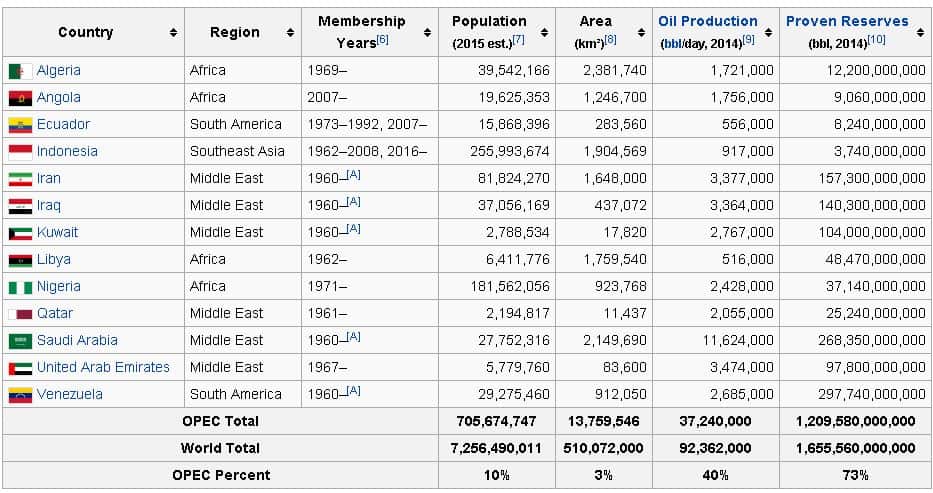
When it first began OPEC did not have much sway. However, all that changed in 1973 when the Arab-Israeli war began. The U.S. and some European countries supported Israel. This did not make the Arab oil producing countries happy. To get back at the Israeli supporters OPEC stopped selling oil to the West. That caused the 1973 oil crisis and forced our govern
In each of the OPEC members are able to put production limits on government and privately-owned oil companies. This allows them the power to control oil production and thus sway the price of oil per barrel. This power is the reason that many people call OPEC the ‘Oil Cartel’. Now, the members of OPEC do not like their organization being called a cartel. They feel it has negative connotations. But the dictionary defines the word cartel as follows: meant to create the 1975 Oil Export Ban, which just recently was lifted. That decision helped prices of oil to jump to 10x’s of its 1970’s price in only 6 years. And so began the wealth of petrodollars for OPEC Countries.
Um, yea….definition numbers 1 and 2 seem to be spot on, in my opinion. But you can make your decision. In an article written by Daniel Indivigilo for The Atlantic, he made this one liner that I could not help but share. “I think the mafia like to be called an “organization” too.” Love it.
The recent collapse of the oil market has not helped OPEC to gain any friends. Since China’s economy began to slow and the United States’ shale boom, an oil glut happened. You would think they would slow production but no.
The following is copied from Wikipedia. I could not have said it better.
Wow, he seems like a nice guy.
Like them or hate them, OPEC is here to stay. The members will continue to do their best to keep the control they have gain over the oil market. They like money. (but hey, who doesn’t?) They want to keep getting as much of it as possible no matter who they tick off, even other OPEC members.
Croft Production Systems can help your company with natural gas processing. Click the link below to see how we can specifically tailor our units to meet your company’s needs.
Resources:
https://en.wikipedia.org/wiki/OPEC
http://www.opec.org/opec_web/en/index.htm
http://www.opec.org/opec_web/en/index.htm
http://money.cnn.com/2015/01/13/investing/falling-oil-prices-us-opec/
http://www.theatlantic.com/business/archive/2009/05/is-opec-a-cartel/18420/

